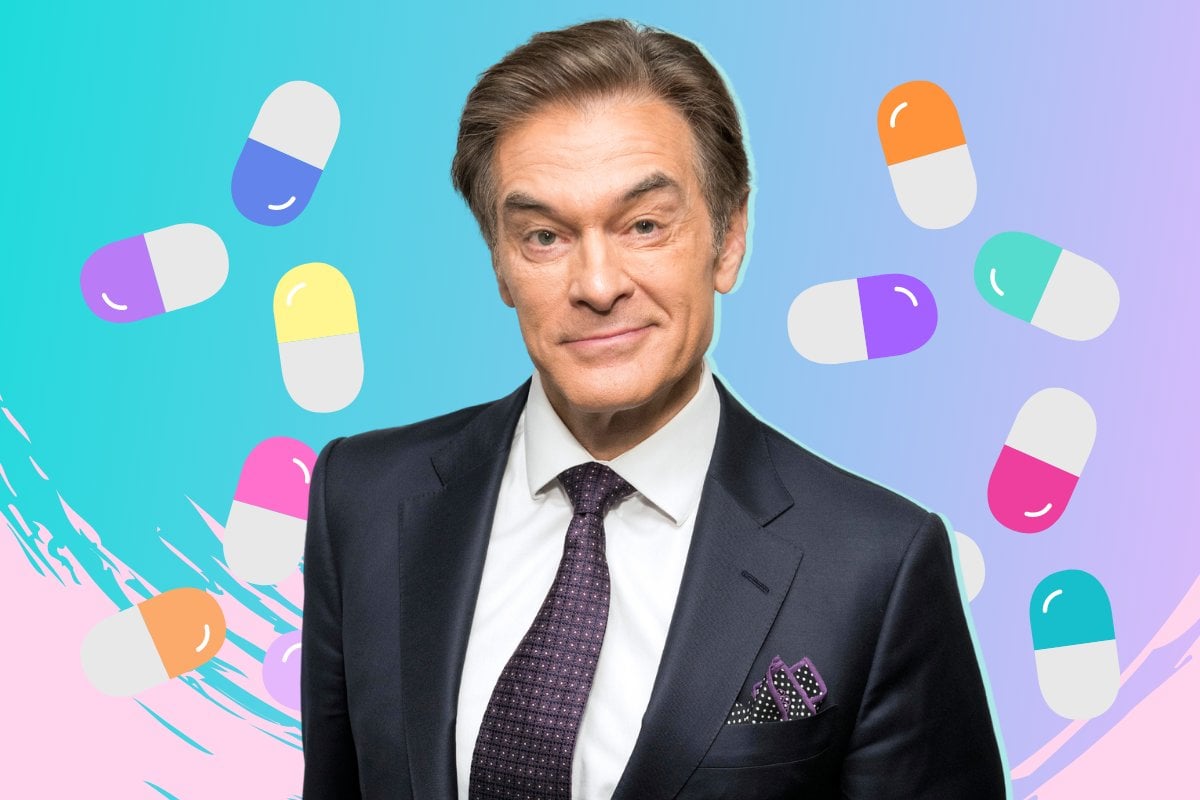
Doctors really don't like Dr Oz.
The cardiothoracic surgeon and TV doctor, who rose to fame as a health expert on The Oprah Winfrey Show before Winfrey offered him his own show, is almost universally shunned by the medical community in which he is a part of.
On one hand, Mehmet Oz is a working, Harvard-educated surgeon. On the other hand, he's a television host who promotes pseudoscience and advice with no evidence or scientific backing.
Watch: How to talk to anti-vaxxers. Post continues below video.
Born in the United States to Turkish parents, Oz has spoken about how trips to Turkey as a child informed his worldview and his future work as a doctor. His father was a surgeon, and Oz knew from childhood he wanted to do the same.
Oz fronted a TV show called Second Opinion With Dr. Oz in 2003. The show only lasted one season, but set the wheels in motion for his TV career as we know it today.
Second Opinion With Dr. Oz landed Winfrey as a guest which led to a warm working relationship. Oz became a regular on her own TV show and radio program, anointed by Winfrey herself as "America's doctor".
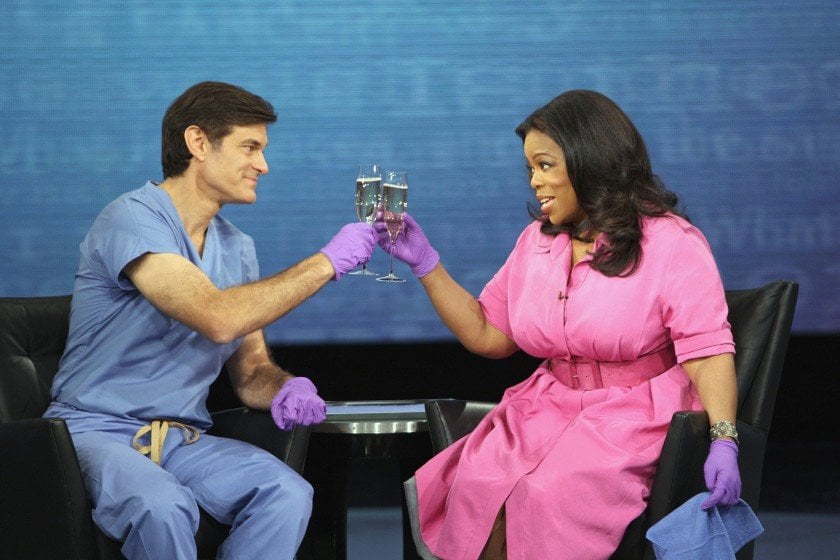
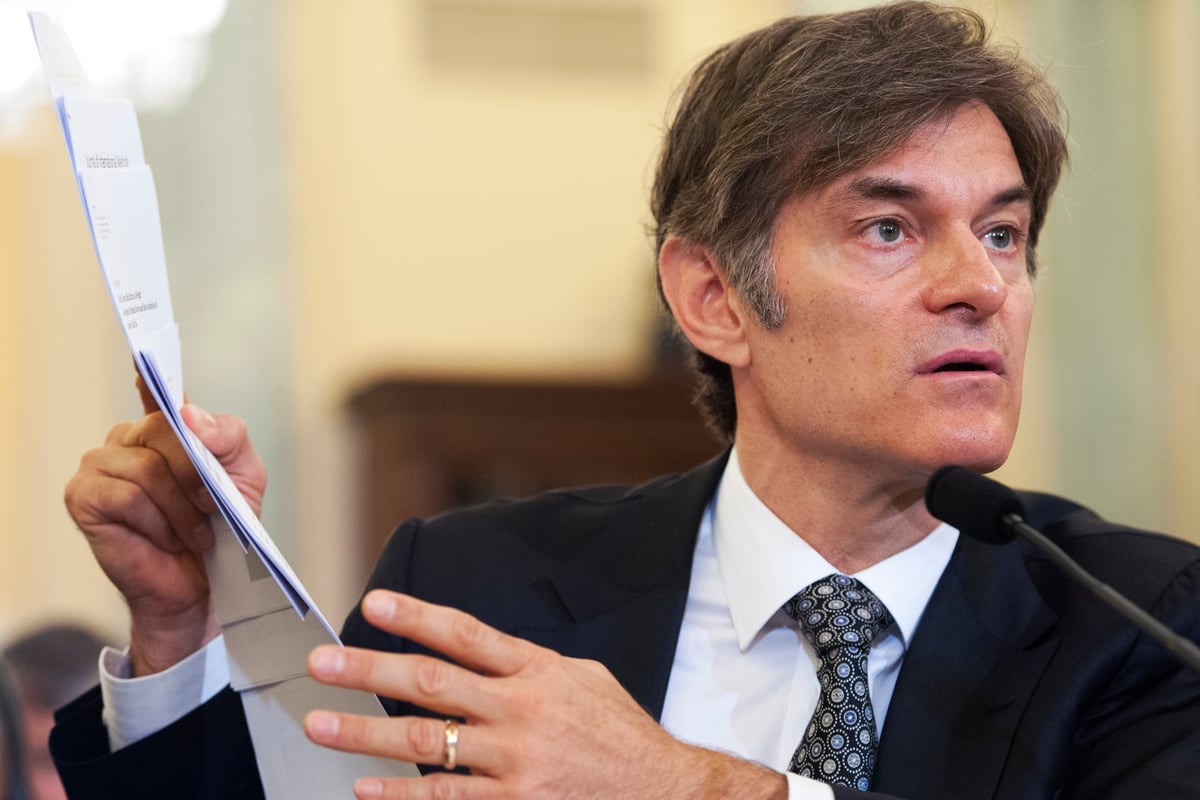
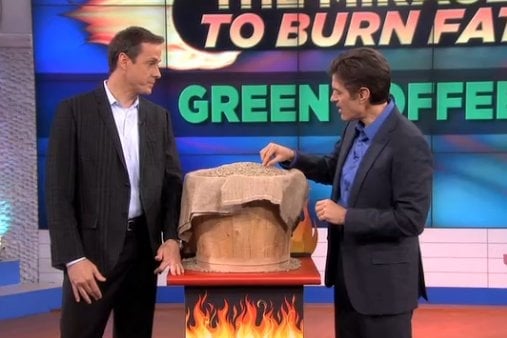
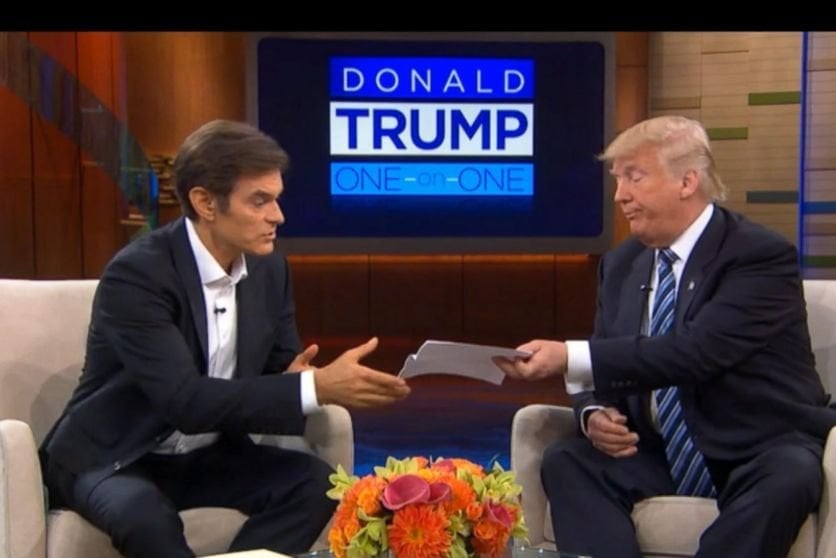
Top Comments